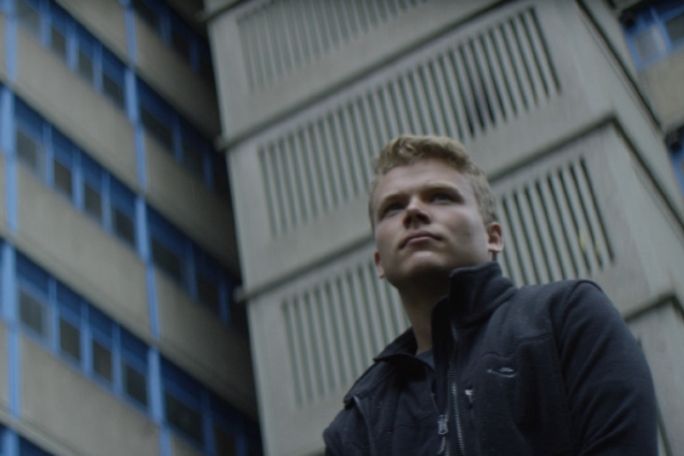Lesson summary
This lesson is part of the Aspire Generation English Unit. Students reflect on the their group action projects and what their projects or service ‘gave back’ and contributed to the community. They reflect on their personal involvement within the group, how they participated and the challenges they faced, both individually and as a group. Together, the group will prepare a short report of the project’s successes, failures, challenges, accomplishments and other learnings and interesting things that occurred throughout the development and delivery of the project. Groups then present their project reports to an audience made up of their class, community members, parents, and other staff and students.
Learning intentions:
Students will...
- understand how other young people’s experiences of local community issues led to opportunities to get involved and make a difference
- understand the importance of clear spoken communication in presenting ideas, and develop their oral presentation and public speaking skills.
Lesson guides and printables
Lesson details
Curriculum mapping
Australian curriculum content descriptions:
Year 9 English:
- Plan, rehearse and deliver presentations, selecting and sequencing appropriate content and multimodal elements for aesthetic and playful purposes (ACELY1741)
- Use interaction skills to present and discuss an idea and to influence and engage an audience by selecting persuasive language, varying voice tone, pitch, and pace, and using elements such as music and sound effects (ACELY1811)
Year 10 English:
- Plan, rehearse and deliver presentations, selecting and sequencing appropriate content and multimodal elements to influence a course of action (ACELY1751)
- Use organisation patterns, voice and language conventions to present a point of view on a subject, speaking clearly, coherently and with effect, using logic, imagery and rhetorical devices to engage audiences (ACELY1813)
General capabilities: Literacy, Personal and Social Capability, Critical and Creative Thinking, ICT Capability
Cross-curriculum priorities: There are opportunities for students to engage with any of the cross-curriculum priorities across the scope of this unit. Direct or specific engagement with any of these can be made based on the unique attributes of the local community. Sustainability, Asia and Australia’s Engagement with Asia, Aboriginal and Torres Strait Islander Histories and Cultures
Relevant parts of Australian Curriculum English Achievement Standards:
Year 9: By the end of Year 9, create texts that respond to issues, interpreting and integrating ideas from other texts. They make presentations and contribute actively to class and group discussions, comparing and evaluating responses to ideas and issues. They edit for effect, selecting vocabulary and grammar that contribute to the precision and persuasiveness of texts and using accurate spelling and punctuation.
Year 10: By the end of Year 10, students develop their own style by experimenting with language features, stylistic devices, text structures and images. Students create a wide range of texts to articulate complex ideas. They make presentations and contribute actively to class and group discussions, building on others’ ideas, solving problems, justifying opinions and developing and expanding arguments. They demonstrate understanding of grammar, vary vocabulary choices for impact, and accurately use spelling and punctuation when creating and editing texts.
Unit of work: La Trobe University – Aspire Generation – English
Time required: 120+ mins.
Level of teacher scaffolding: Medium – facilitate class discussion.
Resources required
- Student Worksheets – one copy per student OR computers/tablets to access the online worksheet
- Device capable of presenting a video to the class
- Self assessment criteria (developed during the La Trobe Aspire Generation – Consulting the Community lesson), Presentation Planning Tool
Skills
This lesson is designed to build students’ competencies in the following skills:
- Communication
- Community engagement
- Cultural understanding
- Creativity
- Ethical understanding
- Initiative
- Social skills
- Leadership
- Problem solving
Additional info
This lesson supports La Trobe University’s Aspire Generation initiative, which empowers students to drive change through community engagement, volunteerism and leadership opportunities.


Welcome back!
Don't have an account yet?
Log in with:
By signing up to Cool.org you consent and agree to Cool's privacy policy to
store, manage and process your personal information. To read more, please see
our privacy policy here(Opens in new tab).
Create your free Cool.org account.
Many of our resources are free, with an option to upgrade to Cool+ for premium content.
Already have an account?
Sign up with:
By signing up to Cool.org you consent and agree to Cool's privacy policy to
store, manage and process your personal information. To read more, please see
our privacy policy here(Opens in new tab).